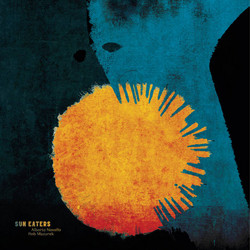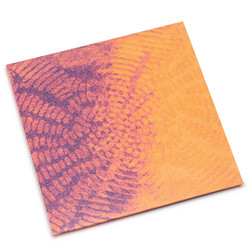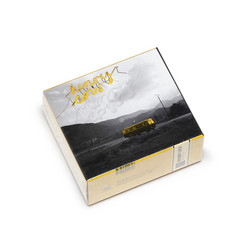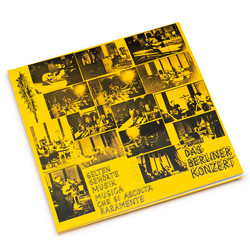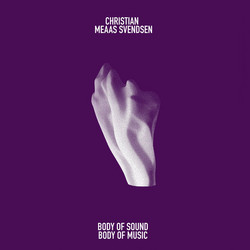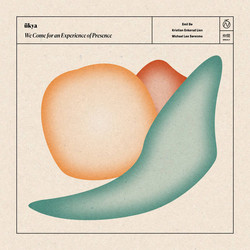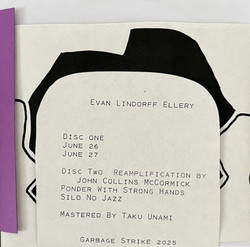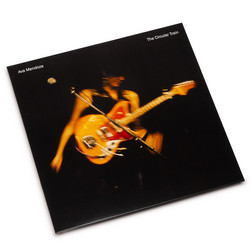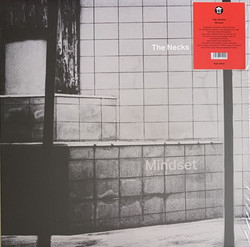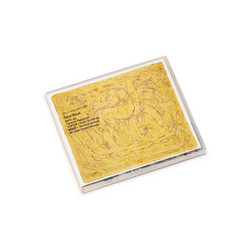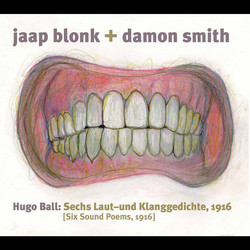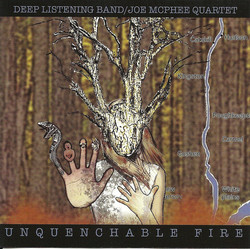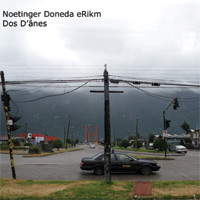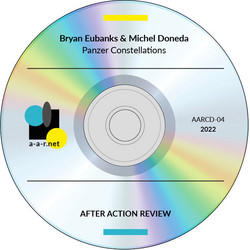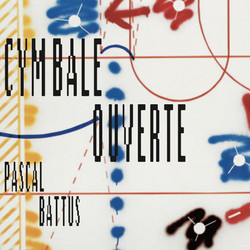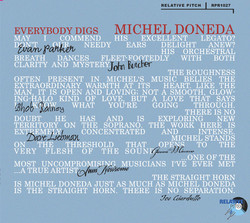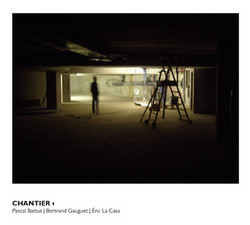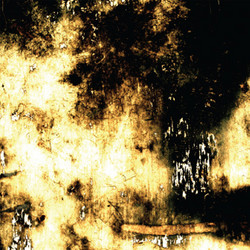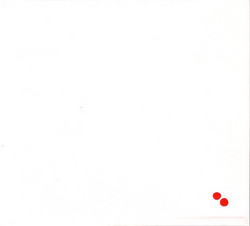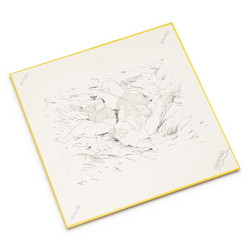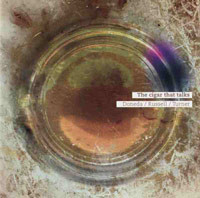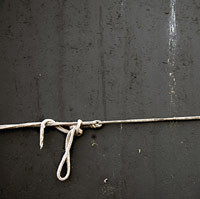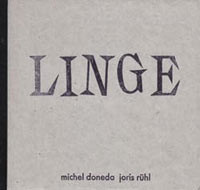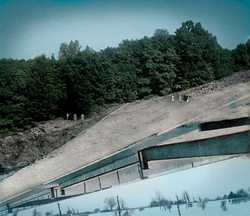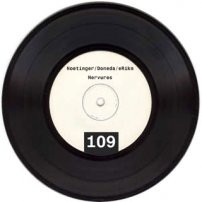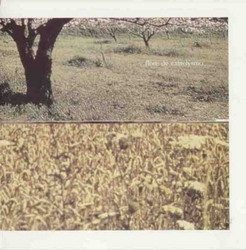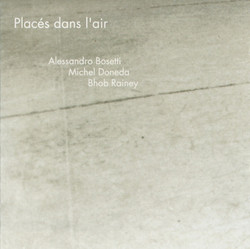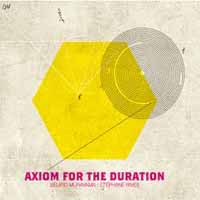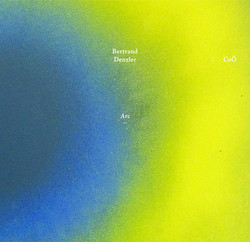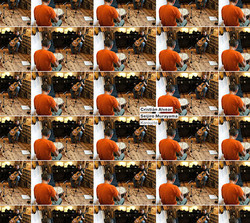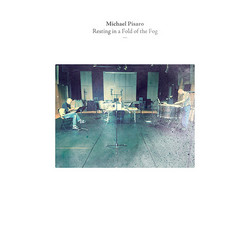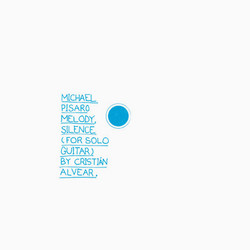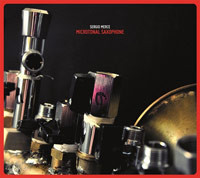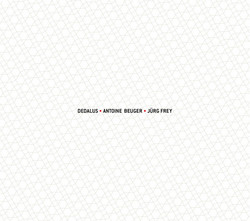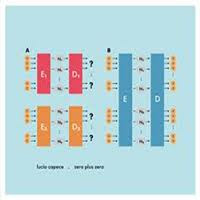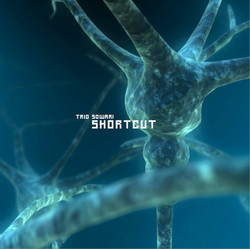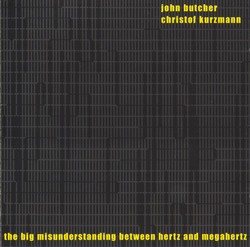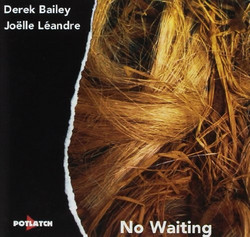We do require your explicit consent to save your cart and browsing history between visits. Read about cookies we use here.
Dovetailing and combining the rich harmonics of Michel Doneda's soprano and sopranino saxophone with Pascal Battus' rotating surfaces--mechanisms from small consumer electronics and their like put in motion and in contact with resonators and vibrators--this French improvising duo create fascinatingly shifting, unusual textures and sonic environments.
The French improviser Pascal Battus seems like the ideal representative for the unique catalogue of Potlatch. Always experimenting, he has been focusing for many years now on building percussive environments (now, this might be a neologism), utilizing rotating surfaces with whatever has in his hands. From prepared guitars, percussion instruments up to any kind of small electronic device. You should definitely check his work with Bertrand Gauget and Eric La Casa, Ichnites (again on Potlatch) with Christine Abdelnour, plus Froid Solaire, with Magali Sanheira, which came out around the same time as Miracle.
As for saxophonist (here on sopranino and soprano) Michel Doneda what there is to say, that hasn’t been said? I consider him one of the few sax innovators of the past three decades. He has been experimenting within, but mostly out of the jazz boundaries, definitely expanding the instrument’s vocabulary.
On Miracle both artists work in unison, using a method I would call something like concentrated playing together. The listener cannot tell if someone leads the way, if they have any kind of predetermined ideas. I strongly believe they have not. Neither voice stands out from the other. You feel total commitment, a denial of the ego. Their aim seems a dual one. First is to create an a-rhythmic atmosphere. The timbre of the saxes play an integral part in the droneish feeling of the recordings, in all five tracks (clocking just over fifty minutes) of the cd. The rotating surfaces of the instruments Battus is utilizing add up to that non rhythmic feeling. Battus doesn’t resort to the convenience of making them sound “percussive” or producing any kind of rhythm with and by them.
Quite the contrary. He tries to create an atmosphere by them, escalating the audio results track by track. Do not get me wrong though. This is not a noisy recording (it could easily be one) that saturates the listener. Apart from the last track, where the tension rises like they are climaxing, they build their sonic environments little by little. Their plan, if there’s one, was to concentrate with audacity on any non-intimidating element of the music, producing a humble, fragile outcome. It could be called electro-acoustic experimentation, but take it only as a guideline and nothing more. Miracle is just adventurous sound-making.
Severity rules on this French collection of layered improvisations for rotating surfaces and straight horns. While Pascal Battus sets any number of items atop his liberated Walkman motors, the sounds he obtains from them don’t change drastically from moment to moment. Michel Doneda on soprano and sopranino saxophones matches his counterpart’s attack by playing multiphonic stabs of varying lenghts, so that the music often feels like an exposition of two streams of drawn out sounds running nearly parallel to each other. And yet there’s plenty of productive friction in their juxtapositions of elongated and stuttering textures, especially when the distances between their raw pitches gradually narrow, until a collision suddenly seems inevitable, but never actually occurs.
Related products
More by Pascal Battus, Michel Doneda
More from Potlatch
Recently viewed
Become a member
Join us by becoming a Soundohm member. Members receive a 10% discount and Free Shipping Worldwide, periodic special promotions and free items.
Apply hereSoundohm is an international online mailorder that maintains a large inventory of several thousands of titles, specialized in Electronic/Avantgarde music and Sound Art. In our easy-to-navigate website it is possible to find the latest editions and the reissues, highly collectible original items, and in addition rare, out-of-print and sometime impossible-to-find artists’ records, multiples and limited gallery editions. The website is designed to offer cross references and additional information on each title, as well as sound clips to appreciate the music before buying it.
Soundohm is a trademark of Nube S.r.l.


